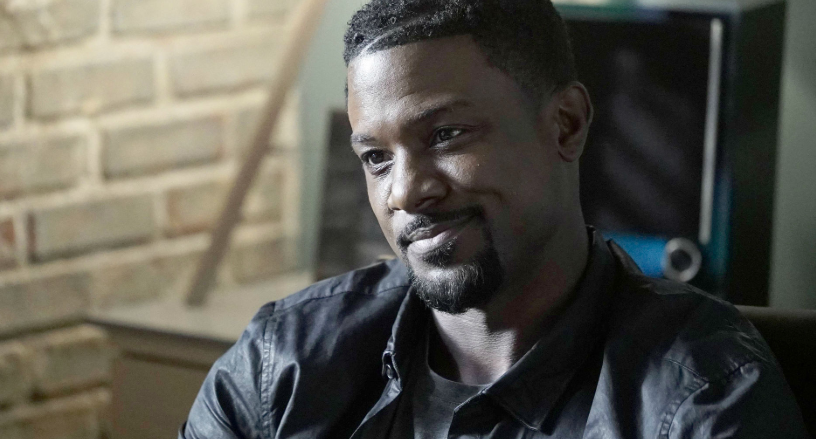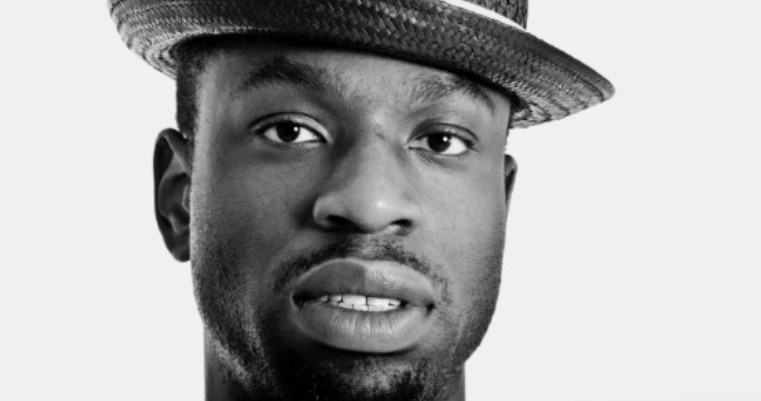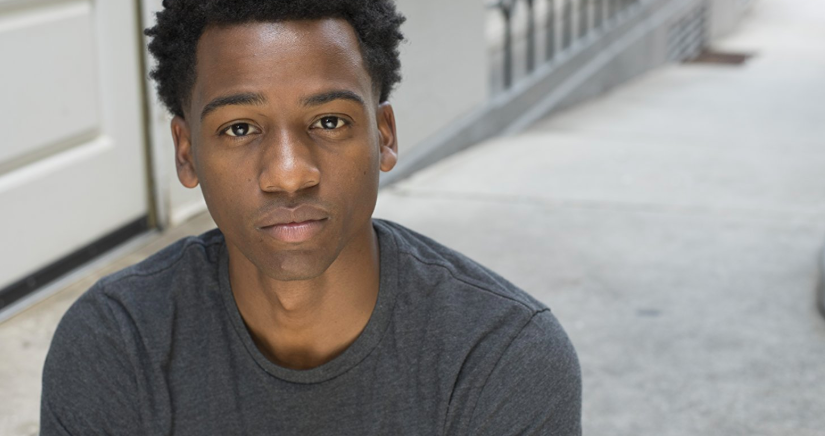“There is a difference between getting out, and getting pushed out.” Michael K. Williams’ character Scatter offers those haunting words of advice to Youngblood Priest (portrayed by Trevor Jackson) in the new trailer for Superfly. Though this 21st-century film is a world away from Gordon Parks Jr.’s 1972 Harlem-set Super Fly, the core of the story remains untouched. Set in Atlanta, Jackson’s Preist has become increasingly wary of the drug game. The constant paranoia has become all-consuming. Determined to start over, he bands together with his girl Georgia (Lex Scott Davis) and his business partner Eddie (Jason Mitchell) for one last job before he vanishes.
Seated at the helm is Director X, known for his astonishing music videos for everyone from Drake to Rihanna, and the filmmaker was determined to elevate Atlanta life in all of its glitz and glory without removing the layer of grime that comes with street life, violence, death and drugs. Seated in the center of a nightclub in ATL surrounded by equipment, props and the incessant chatter of extras in the background, X is clearly in his element. He'd been called upon to deliver a 2018 version of Super Fly, and he's determined to deliver. “We all know the reality of movies nowadays,“ he explained. “People want properties. If you're going to spend 20 million bucks, would you spend it on something you know people will be interested in right away, or would you spend it on an idea? We all miss the old days when people spent a lot of money on ideas they had, but this is the energy in the air right now. I think Cleopatra Jones is being remade. They're doing another Shaft. Even Taraji's Proud Mary; it's not a remake, but it's definitely in the energy of those old movies.”
Despite Hollywood's remake and reboot climate, X revealed that when he first received the script, though it was named Superfly, the tone of the original was nowhere to be found. For him, that was unacceptable. “I read the script, and it wasn't about a drug dealer trying to get out," he remembered. “I said, We gotta make Super Fly, so that’s the movie we’re making. You've got Scatter, Eddie, Georgia, Cynthia, all those main characters that were in the original are here. The major story points happen. We took the major beats of Super Fly and said, 'Alright, these are the major things that happen, these are the things that have to happen in our version, and all the other stuff we do from there is an expansion.'”
Though the original film was considered an action drama during its time, X wanted to elevate the narrative by amplifying the most explosive notes in the plot and fleshing out a glossy and elite Atlanta world for Priest. “There's a little bit of art to everything," the "Work" music video director expressed. “Everything's just a little hyper-real. I didn’t want to do this super realistic drug story. I'm not interested in that. We're making a fun summer movie. Strip club culture is such a big part of the scene out here, but even that, this is the Superfly version of Magic City. Atlanta is the Harlem of today. If you were poppin' in Harlem in the '70s, you was poppin' around the world. If you're poppin' in Atlanta, you're poppin' around the world. This is that black epicenter now."
Continue reading at Shadow and Act.




















